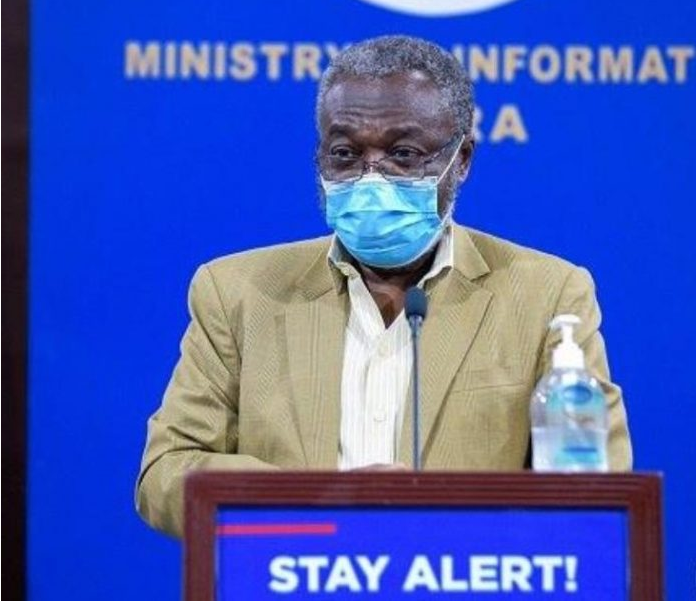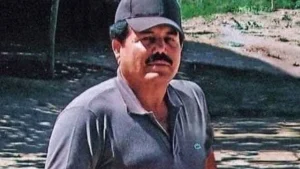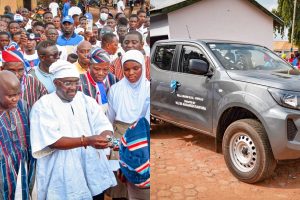The Presidential Advisor on Health, Dr Anthony Nsiah-Asare has hinted that the next batch of COVID-19 vaccines will arrive in Ghana within a week or two.
He said government is working assiduously through other sources to ensure that it procures additional vaccines.
In an interview, Dr. Nsiah-Asare said second batch may be a combination of what government is buying directly and another from COVAX.
He said government is also working on the other sources from “China such as Sinopharm and Sinovac and Johnson and Johnson, Moderna and any other vaccine coming from India and other vaccines around the world.
The Presidential Advisor on Health also said although the vaccines from COVAX, are free, “Ghana is paying for the deployments and also for bringing it into the country.”
He said Ghana needs about 42 million doses, explaining that “if one subtract, the 12.4 it means, that is the real cost of the vaccines, so the rest will directly be the one that government is buying.
Dr Nsiah-Asare said the available vaccines will be deployed on Tuesday.
Meanwhile, the Presidential Advisor on Health, Dr. Anthony Nsiah-Asare says private health facilities will not be allowed to sell the COVID-19 vaccines as they are meant to be administered to the people free of charge.
He, however, indicated that private health facilities will be allowed to finance the procurement of the vaccine but not for profit.
This, according to Dr. Nsiah-Asare, is to help vaccinate majority of Ghanaians without money being a barrier to their safety.
He indicated that the private health sector can help in the exercise by offering their facilities as vaccination centres.
His comment follows the first shipment of 600 thousand doses of AstraZeneca COVID-19 vaccine made by the Serum Institute of India to the country last Wednesday.










